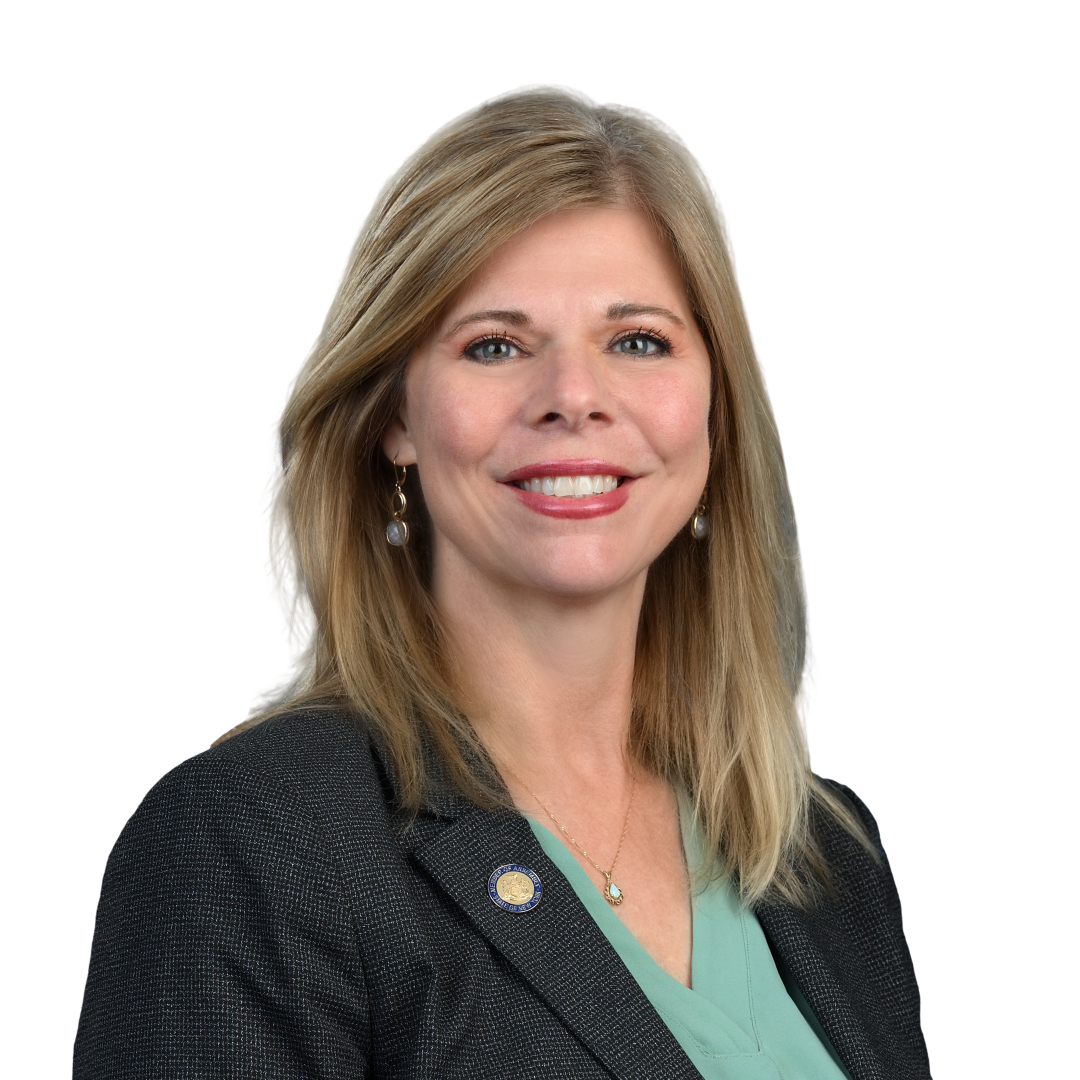Assemblymember Wallace Hosts Opioid Forum at Maryvale High School
Last night, Assemblymember Monica P. Wallace (D-Lancaster) hosted an opioid community forum at Maryvale High School for residents of Cheektowaga to receive an update on the opioid epidemic, steps being taken to end addiction, and to ask questions of experts. Forum participants included Erie County Health Commissioner Dr. Gale Burstein, Maryvale Superintendent Joseph D’Angelo, Sue Boyle representing Western New Yorkers United Against Drug and Alcohol Abuse, Cheektowaga Police Lieutenant Brian Gould, and Cheektowaga Councilmember Christine Adamczyk. Attendees also had the option to receive training in administering Narcan, the lifesaving overdose reversal, following the discussion.
“The opioid epidemic has left no part of our state or nation untouched,” said Assemblymember Monica Wallace. “Bringing an end to this crisis requires cohesive partnerships and open, honest discussions within our community, which is why I hosted this forum. Bringing elected officials, law enforcement, and parents of addiction together is the only way we can bring an end to the opioid epidemic.”
"Cheektowaga is one of the many Erie County suburban communities that is significantly affected by the opioid epidemic,” said Erie County Department of Health Commissioner Dr. Gale Burstein. “We applaud the Cheektowaga schools and police leadership efforts to raise community awareness and take practical steps to prevent additional overdose deaths."
“As a school administrator, it’s heartbreaking to see the struggles that families go through due to the opioid epidemic,” said Maryvale Superintendent Joseph D’Angelo. “To address the opioid epidemic, it’s imperative that communities work cohesively to not only prevent addiction in the first place, but to ensure that treatment is available to those who seek it. Maryvale is proud to be proactive in teaching our students life skills that can help prevent addiction and also to be the site of this important discussion that brings together stakeholders in our community.”
“In September of 2017, the Maryvale School District formed a partnership with WNY United Against Drug and Alcohol Abuse,” said Sue Boyle, Community Mobilization Specialist for WNY United Against Drug and Alcohol Abuse. “As a result, WNY United’s Certified Prevention Specialist, Lori Brown, is teaching social skills to all of the district’s students in grades K-6. She uses curriculum that research tells us will help these children avoid the problems associated with substance abuse as they grow up. In addition WNY United’s Community Mobilization Specialist, I am working with volunteers and organizations within the community to create an environment that supports the prevention of, early intervention for and recovery from substance use disorder. For more information please check out wnyunited.org.”
“The Cheektowaga Police Department remains committed to doing all that we can to assist our residents who are affected by this opiate epidemic,” said Cheektowaga Police Department Lieutenant Brian Gould. “We will continue to use the unique experience that our officers have gained responding to these emergencies to provide all the possible assistance we can and to collaboratively develop new programs that will help to eliminate this epidemic.”
"No one ever thinks that this epidemic will impact their family, but I speak today as the mother of a victim of the opioid epidemic who never thought it would happen to us," said Cheektowaga Councilmember Christine Adamczyk, who suffered the heartbreaking loss of her son, Dan Adamczyk, in March 2017. "Expanding access to treatment is the only way to stop this horrible crisis. In honor of Dan, I will never stop telling his story, and I will never stop working to ensure those impacted by this epidemic know that there is help available."
More than 91 Americans die from opioid-related overdoses per day – exceeding deaths due to car crashes, gun violence, and murder. In Erie County, opioid deaths decreased from 301 in 2016 to 268 in 2017. Since taking office, Wallace has worked diligently with fellow community leaders to find solutions to the epidemic. Recently, Wallace led the charge in state government to prohibit overprescribing, and to establish the Opioid Stewardship Fund to support prevention, education, and treatment initiatives.
